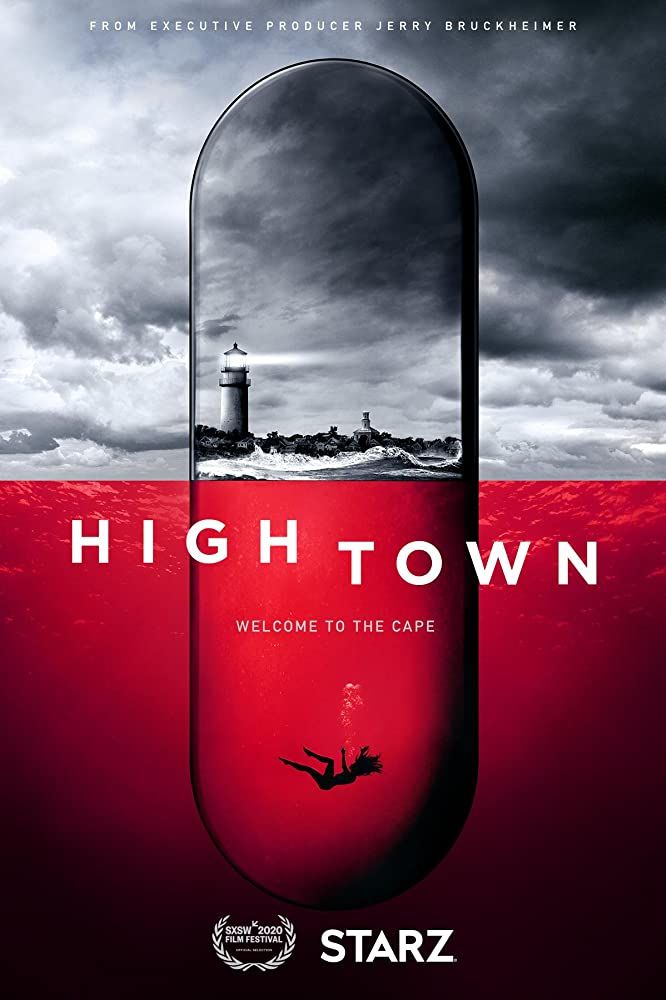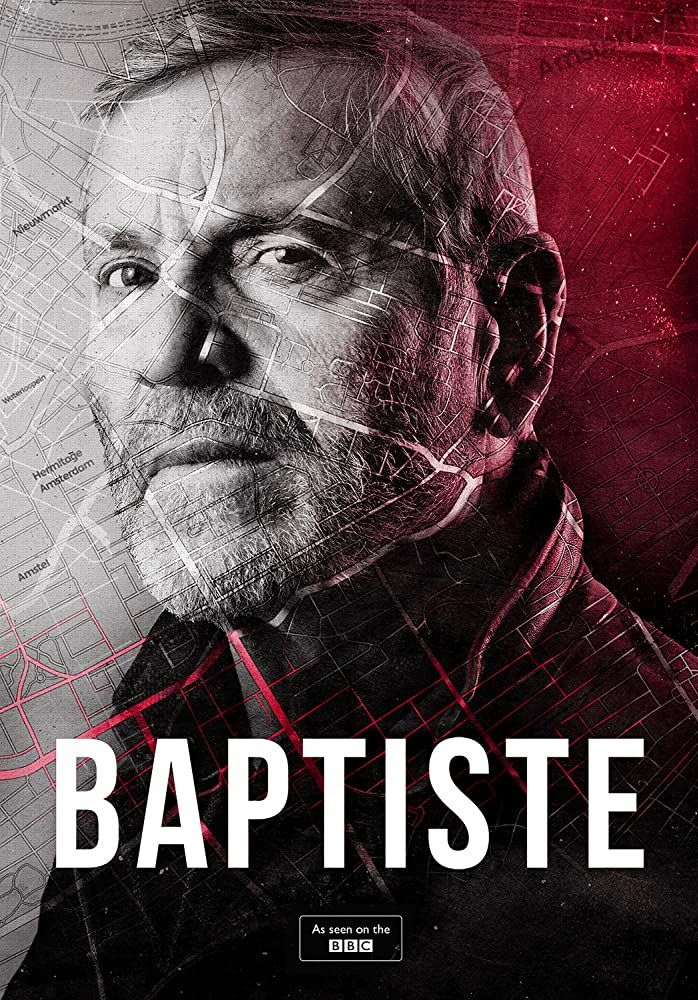In a show like Killing Eve, cold turkey could mean a lot of things. But especially in this third season, it's meant two things: leaving the killing/spying business; Eve and Villanelle leaving the fatal attraction they have for each other.
Obviously, for the show to go on, at least in the way it's been going, neither can happen. So, what keeps the show attractive and provocative, is the way in which neither kind of cold turkey happens.
Villanelle has been saying all season she wants to stop doing the hands-on killing. As good as she still is, this is like Mickey Mantle or Whitey Ford hanging it up in the middle of their incandescent careers (right, I'm a New York Yankees fan). But no one, no one wants to accommodate her. Not Dasha, never Konstantin. and, tonight, apparently not even Carolyn, either, who refuses to hire Villanelle as a spy for MI6, after she offered her that job, unless Villanelle were willing to kill for Carolyn.
As for Eve, it's not entirely clear what exactly she wants. She already effectively left MI6, and came back only to find Kenny's killer. Given the beyond complex feelings that Carolyn has about her son's death, finding his killer and working for Carolyn was bound to be an impossible combination. And, indeed, Carolyn's feelings are so complex that even I can't completely understand them. Yeah, the 12 were responsible for Kenny's death, but Carolyn's attitude about them is even more inscrutable than her feelings for Kenny.
But clearly, Eve and Villanelle do very much want each other. The very existence of each has come to give the other's existence meaning. So when, at Villannelle's suggestion, they turned their backs on each and started walking away, we all of course knew they wouldn't get very far at all on that bridge, which they didn't.
Hey, I have a suggestion for the ending of the series: Eve and Villanelle both die at the same time. That would be a happy ending for their affair, since neither would have to go cold turkey and leave the other.
See you back here, I guess next year, when the next season is on.
See also Killing Eve 3.1: Whew! ... Killing Eve 3.2: Bringing It Into Focus ... Killing Eve 3.3: The Third Time's the Charm ... Killing Eve 3.4: Tip Toe Through the Tulips ... Killing Eve 3.5: The Darkness ... Killing Eve 3.6: Wounded ... Killing Eve 3.7: The Omelet
And see also Killing Eve 2.1: Libido and Thanatos ... Killing Eve 2.2: Villanelle as Victim ... Killing Eve 2.3 Lipstick ... Killing Eve 2.6: Billie ... Killing Eve 2.7: Death and Sex ... Killing Eve Season 2 Finale: Possibilities After the End
And see also Killing Eve: Highly Recommended (Season 1)
And see also Killing Eve: Highly Recommended (Season 1)

























